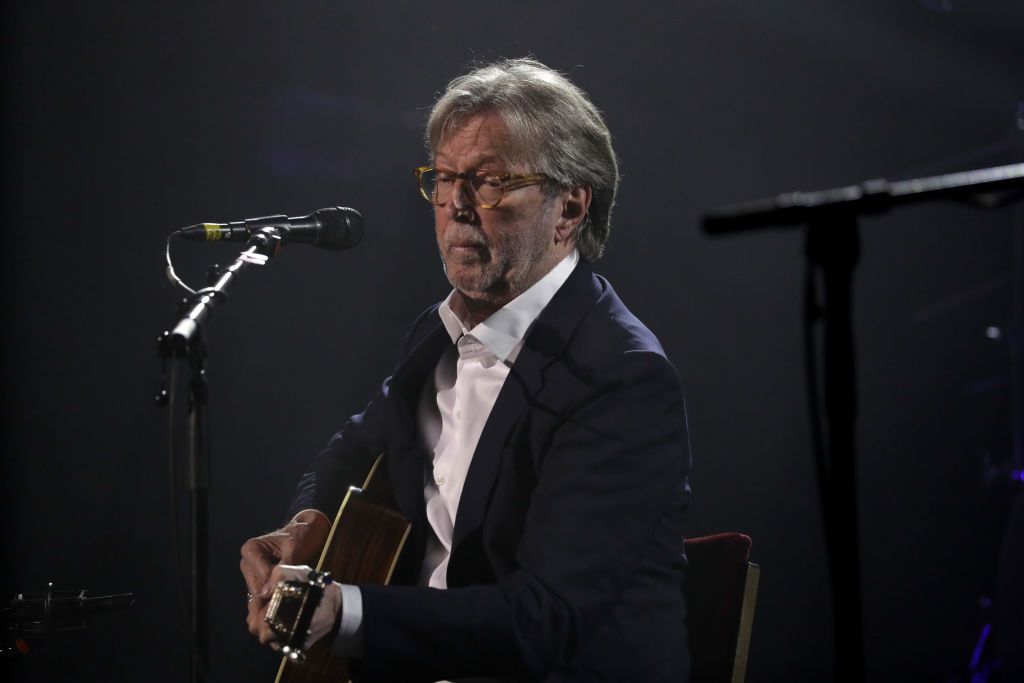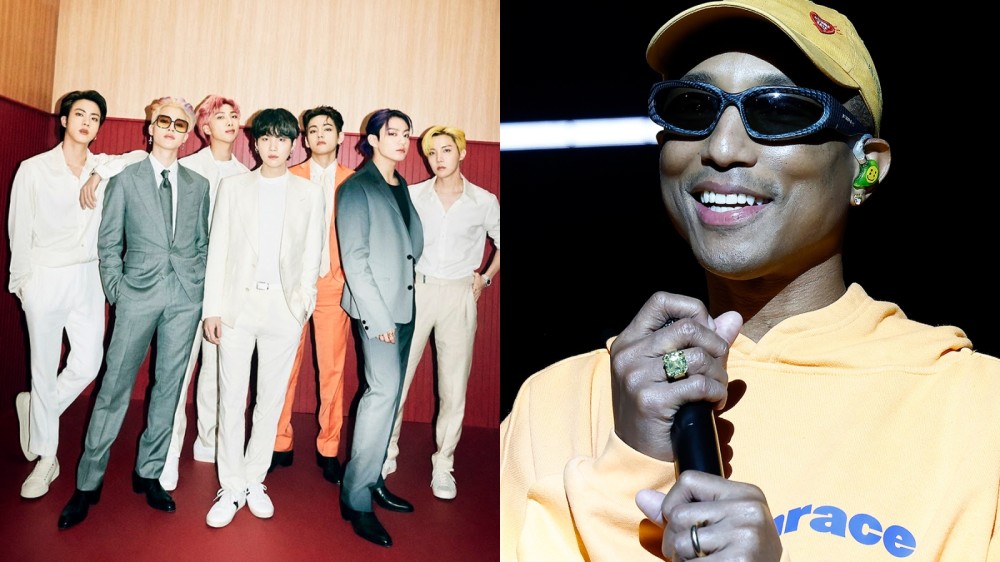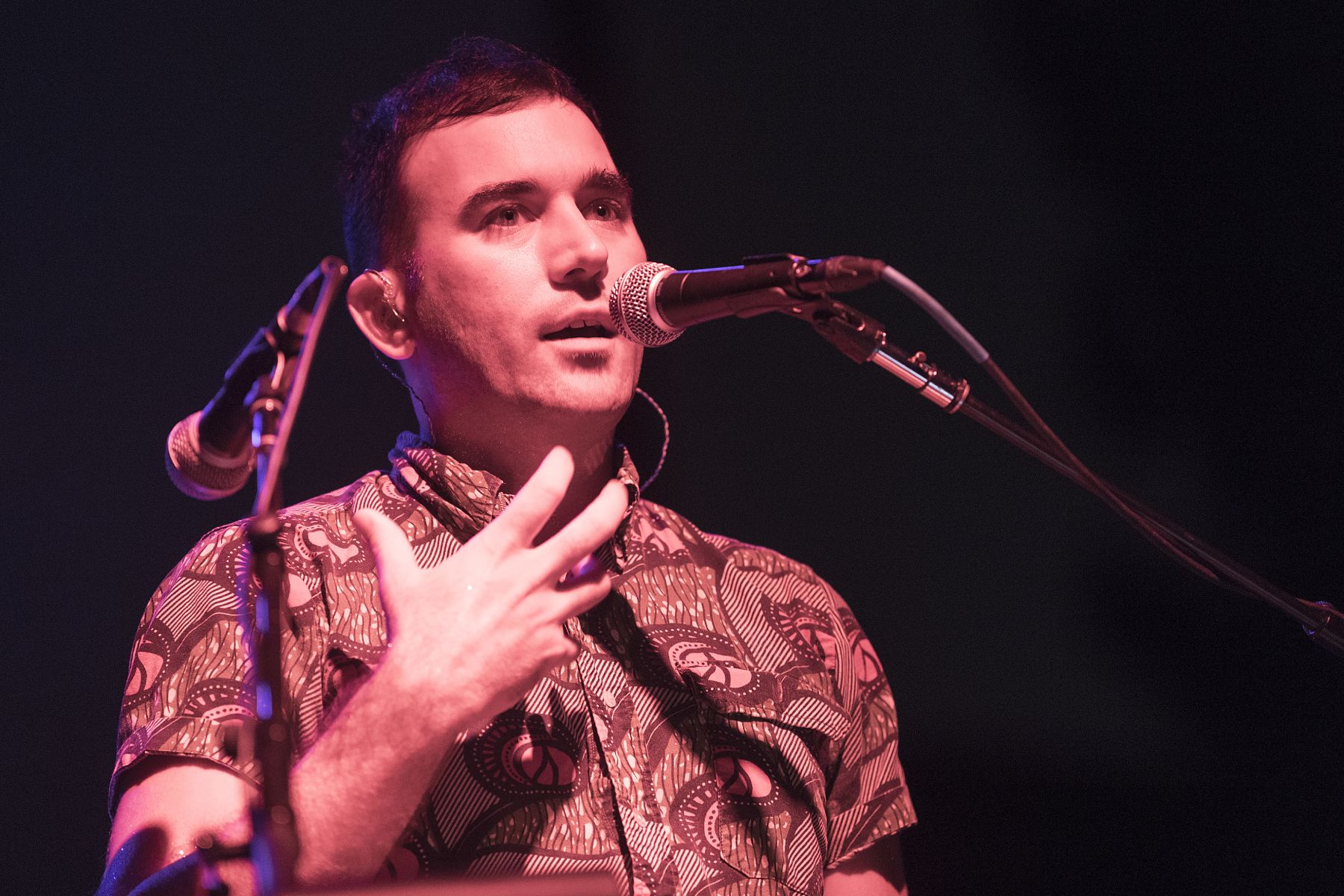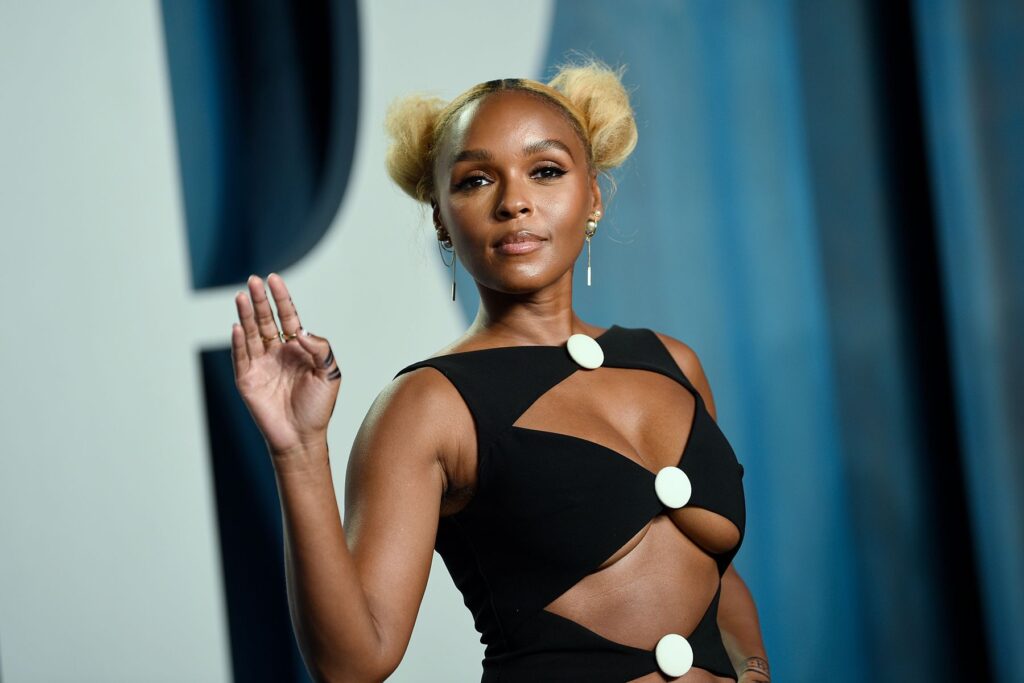
Eric Clapton Turns to Anti-Vaxx Kingpin RFK Jr. to Bash ‘Rolling Stone’
Eric Clapton teamed up with anti-vaxxer Robert F. Kennedy Jr. to bemoan Covid-19 mandates and Rolling Stone’s scathing articles about him in his first interview in a while — outside of statements posted to Telegram.
Posted last week on Kennedy’s The Defender site, the interview features Clapton talking about how the last few years have been a “buzzsaw” for him, both from a commercial standpoint as well as personally.
“Over the last year, there’s been a lot of disappearing, a lot of dust around with people moving away quite quickly, and it does kind of refine the kind of friendships I have,” he said. “It’s been difficult these last couple of years, especially with mainstream media turning. I had been inspired by Van [Morrison] because he came straight out and his reasoning was, ‘We have to make music for people.’ He’s a crusader, he sees it as his calling. And I thought, ‘That’s right, people are not really acquainted with the idea that this is as important in their healing as any kind of medicine. The whole community thing of people with being together with music.’”
The resulting track was “Stand and Deliver,” the first in a now-series of Clapton tunes that condemn mandates, lockdowns, and other pandemic-era precautions.
“I got so much flak straight away from people right close to me, friends, and associates, and family, who said, ‘You can’t do that,’ Clapton said of that initial Morrison collaboration. “And I couldn’t see what was so dangerous about it or risky, and especially since it was targeted at the U.K. government.”
Clapton added that he has since collaborated with recent tourmate Jimmie Vaughan on that guitarist’s “Down With Big Brother,” a song about people being microchipped by the government; although that Vaughan-written track predates the Covid-19 pandemic, Clapton found similarities with our present situation.
While Clapton says he’s talked about his mandate stance and Covid experience on networking sites like Telegram, the Kennedy conversation marks his first widely available interview on the subject of Covid, as well as his first since Rolling Stone’s article about his support of the anti-lockdown movement and his insistence that his U.S. tour only play concerts in venues unencumbered by masks and vaccination checks.
“When I realized that there was a parting of the ways, it only made me determined. To come up to date with the new Rolling Stone kind of slur campaign, it becomes a compliment when it’s coming from certain areas of the media. It’s just an affirmation to me that I’ve been doing the right thing,” Clapton said.
“I don’t know who these people are and why they’re picking on me. There’s a grudge there.” Clapton added that Rolling Stone also “helped break up Cream,” citing his reaction to a 1968 article penned by future Bruce Springsteen manager Jon Landau that “debunked” Clapton and made him feel like “a charlatan.”
Following the string of anti-mandate tracks, Rolling Stone detailed Clapton’s descent from just speaking about his vaccine skepticism to actually bankrolling it. The article also delved into Clapton’s politics, which the guitarist has rarely spoken about publicly but has crept up occasionally in unfortunate ways, including the infamous 1976 Birmingham concert where Clapton delivered a “full-tilt racist” rant.
Kennedy — who complained that Rolling Stone took down the 2005 article he wrote for the magazine about vaccinations, something that happened a decade ago — and Clapton also discussed vaccinations, as well as Clapton’s own adverse reaction upon being vaccinated.
“The uncertainty surrounding this thing has been mammoth. I think everybody I know has got, what do they call it? CAS [Covid Anxiety Syndrome], everybody I know is unsettled about it,” Clapton said. “And for me, it was heightened by the fact that I had these adverse reactions. The lifesaving part of it was I’d found a group of people who were inviting me to talk about it because I couldn’t talk about it anywhere. As you said, there was nobody listening, and it was very, very difficult to know what to do or how to, you know — I thought I was going crazy.”
Despite the hit his reputation has taken over the past 18 months, Clapton vowed to keep fighting the anti-mandate fight. “It’s funny, because they can say stuff about me, but I actually haven’t felt physical opposition,” Clapton said. “I’ve felt more support as a result of this than I ever did before about anything.”




